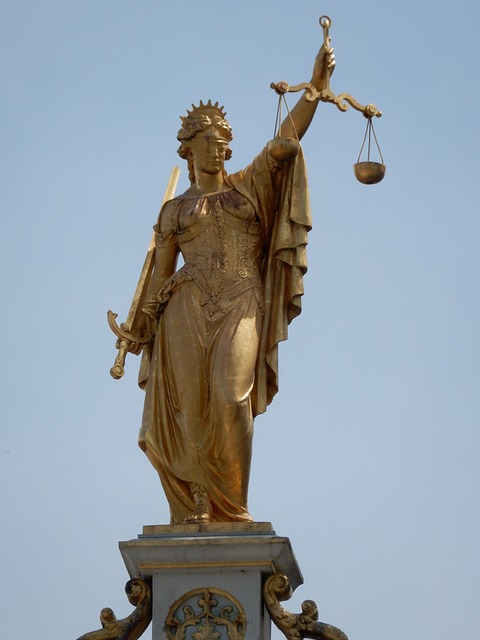Rights watch

A round-up of human rights stories from around the world.
‘Hell on earth’: China deportation looms for Uyghurs held in Thailand
A Uyghur refugee, she has spent the past decade hoping her husband would join her and their three sons in Turkey, where they now live.
Syria’s new government is already oppressing women, posing a dire threat to their future
As the international community celebrates the fall of another dictatorship following the collapse of Syria’s Assad regime, the future of women’s rights remains precarious.
Rights group accuses Congo’s army and a rebel group of possible war crimes
Amnesty International has accused Congo’s army and a rebel group of bombing densely populated areas in attacks that “likely constitute war crimes.”
“We grew up singing the songs of freedom”
Munizae Jahangir tells the story of her mother, Right Livelihood Laureate Asma Jahangir from Pakistan, who passed away in 2018.
Denmark to ditch ‘parenting competency’ tests for Greenlandic families
Denmark has announced it is abandoning the use of highly controversial “parenting competency” tests on Greenlandic families, amid fury over the way that they have been routinely used on people with Inuit backgrounds, often resulting in the separation of children from their parents.
Uganda’s partnership with BRICS+ is bad news for human rights, experts warn
Local politicians dismiss activists’ fears, saying Uganda had ‘no alternatives’ amid dwindling relationship with West.
Southeast Asia’s arms suppliers, by the numbers
From 2004 to 2023, Southeast Asian countries spent more than US$42 billion on weapons. Russia was the largest arms supplier in terms of value – cornering 25% of the Southeast Asian arms market – although its share dwindled in later years.
In Sri Lanka, the Army Is Engaging in a New War on Drugs
Rising criminalization of substance abuse has been heavily criticized in the island nation.
Catholic Church leads struggle against whitewashing of Argentinian dictatorship
In Argentina, the Catholic Church is one of the most active institutions resisting President Javier Milei’s policy of dismantling efforts to memorialise the military dictatorship in Argentina (1976-1983), according to a leading sociologist.






